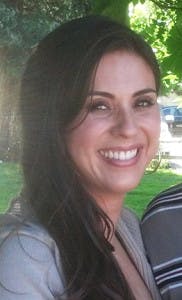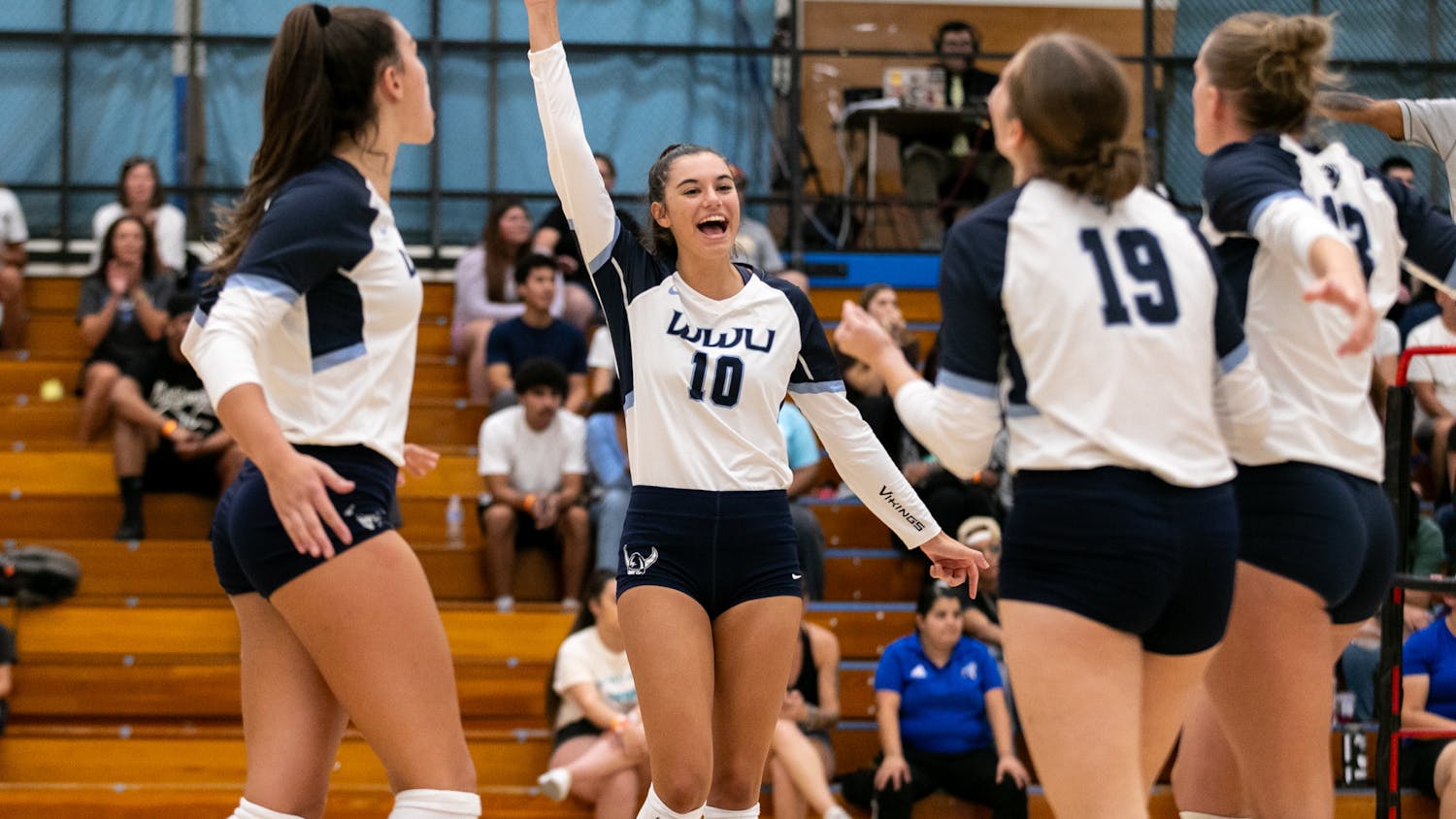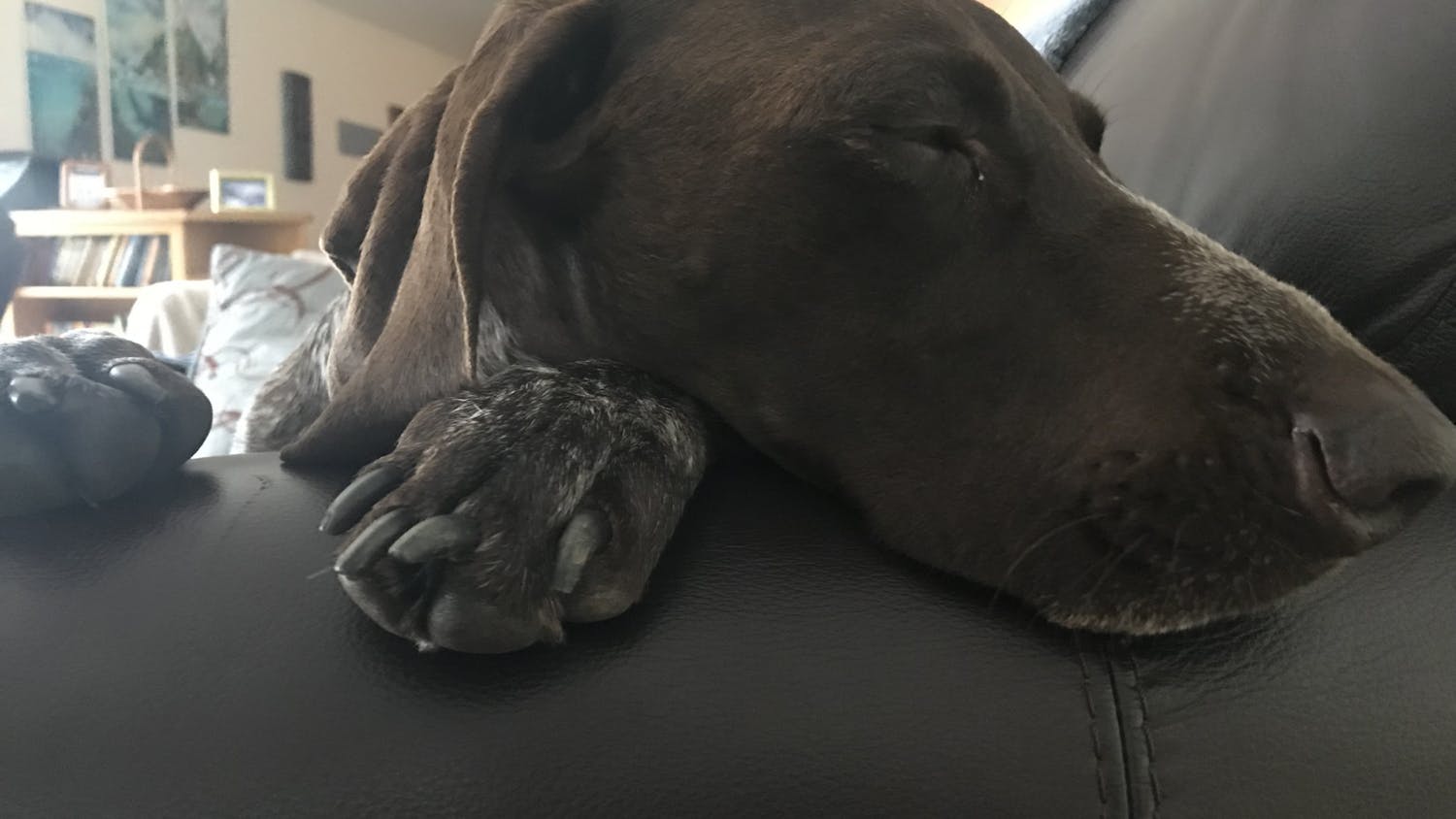
First-generation students are those who are the first to attend college in their family, and with this they become the first in their family to experience the ups and downs, joys and struggles of college.
At Western, the first-generation students in the incoming class of 2012 had a second-year retention rate of 79 percent, compared to 84 percent for non first-generation students, according to Western’s New Freshmen Student Retention and Graduation by First-Generation Status report. This number dropped even more in third-year retention rates with first-generation students at 67 percent compared to 76 percent for non first-generation students.
First-generation students are more likely to drop out of their institutions than any other student on college campuses, according to a College Board study on first-generation students. While many campuses offer advising for all students, finding a connection on campus as a first-generation student is essential, said Eric Alexander, assistant dean of student engagement and director of the Viking Union at Western.
“Quickly and regularly find a connection on campus with somebody who can help you in determining your path,” he said. “As a first-gen student, I didn’t know all the options, I didn’t know all the possibilities and so being more intentional for me about going out and finding all the possibilities and discovering all the possibilities would have been better.”
Alexander, originally from Wyoming but an undergraduate from the University of Washington, was the first to graduate from college in his family.
“Even though I’m a first-generation student my parents had always impressed on me that I was going to college, so there was always an expectation about that,” he said. “It was [just] a matter of where I was going.”
For many first-generation students, the matter of getting to college is a learning experience that parents aren’t always well informed on. For Elly Mata, a 2014 Western Fairhaven graduate and recent University of Washington master’s graduate, the challenge was figuring out how to get to college with her family’s inexperience with higher education.
“They wanted me to go to college, they just didn’t know what the process was,” Mata said. “But they were in full support.”
Mata’s main resource for the quest to higher education was a college readiness program her high school provided called Proven Achievement Lifelong Advantage (AVID). Programs like GEAR UP, TRIO and AVID prepare students from low-income communities for college by providing workshops on financial aid, college visits and the overall experience of applying to college.
With Mata’s high school advisor coming from the same racial background as her, she was able to find a connection with someone who had gone through the same struggle she had, Mata said.
“My advisor was the key person to actually holding my hand through the process,” Mata said. “Having her, having somebody that came from the same background helped tremendously.”

Finding a mentor on college campuses can help students navigate through the process of college and can impact their career journeys as well. For Veronica Velez, an assistant professor and director of the education and social justice minor at Western, her undergrad mentor advised her on decisions for her major at a time when she was failing classes.
“I almost got kicked out of my institution until I found a mentor and I found a mentor of color who helped me navigate through that,” Velez said. “Had it not been for her, who knows where I would have been.”
Velez comes from a family of immigrants, with her mother from Mexico and her father from Panama. While her father had an idea of how the process of community college worked, they both didn’t understand the path to getting to a four-year university. Because of this, Velez found herself getting the information she needed off of TV ads.
Velez graduated from Stanford University and later received her master's and doctorate from University of California Los Angeles.
During her time at Western, Mata found that the Ethnic Student Center and Center for Education, Equity and Diversity were her safe havens for the struggles of being a person of color and a first-generation student, she said.
“For first-gen students of color, go to the ESC or CEED just because those spaces are for them,” Mata said. “They were created for us.”
Having professors and advisors that come from similar racial background, income backgrounds and general experiences are key for first-generation students to excel on college campuses, Mata said.
“It’s critical; the universities need to make no mistake to have people who look like these students and come from similar background.” Mata said.
First-generation students are not the only students that battle with the difficulties of higher education. Finding and building a community in which students feel best supported can help ease the journey to graduation.
Student Outreach Services located in Old Main, the Ethnic Student Center in the Viking Union and various other programs on campus are dedicated to serve underrepresented students for their first year and in continuing years.





